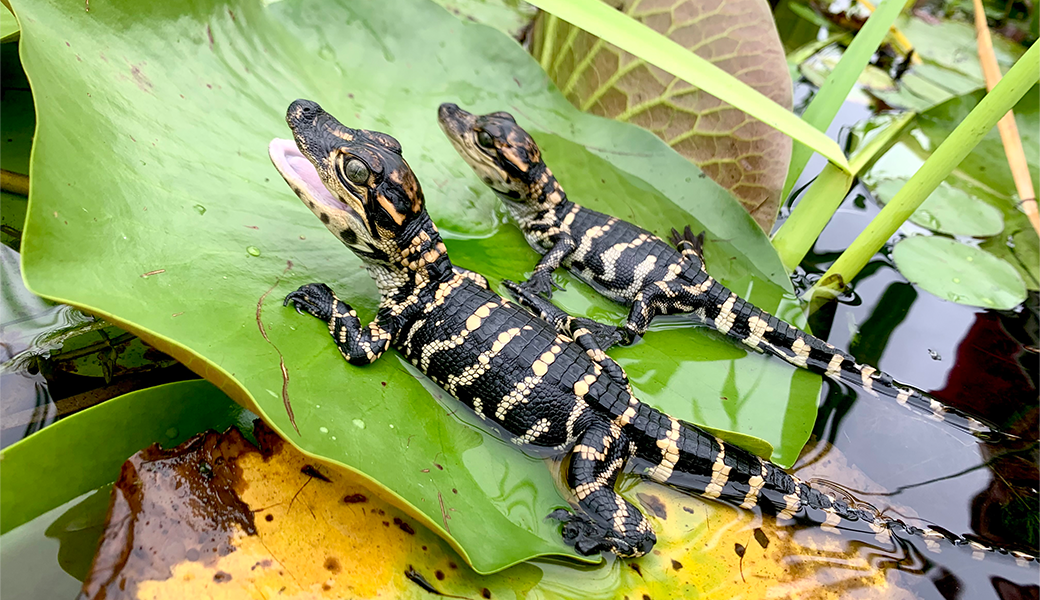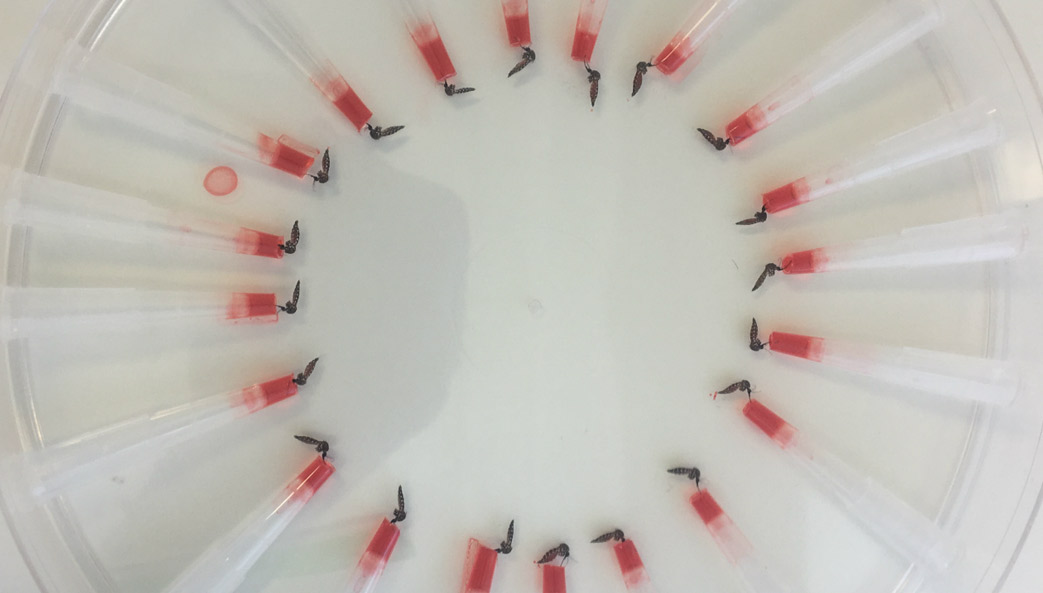Temperature-dependent sex determination, a trait present in many reptiles, could hold evolutionary significance linked to the species’ survival, according to a study from the University of Georgia.
Researchers in UGA’s Odum School of Ecology and the Savannah River Ecology Laboratory found that, in species with differing male and female maturation rates, survival-enhancing incubation temperatures should align with the slower-maturing sex’s needs.
“There’s a clear threshold,” said Benjamin Parrott, an associate professor of ecology at UGA. “We can determine the sex of these eggs based on their temperatures. We’ve had other projects that have looked at how that works—how temperatures become translated into this developmental program that leads to males or females.
“What we haven’t understood is why.”
It’s all a bit of a mouthful. Let’s take a step back.
Parrott’s research group has studied a concept called “developmental plasticity,” which occurs in species throughout nature—including humans. As embryos, organisms experience different environmental factors like temperature, contaminants, stress and more, each of which can shape how it develops. An example of that is temperature-dependent sex determination in many reptiles.
In this study, the researchers focused on alligators. Rather than determine sex with X and Y chromosomes, as humans do, alligators instead rely on incubation temperature.
“There are temperatures that are not that different,” Parrott said. “Thirty-three degrees Celsius will usually produce 100% males. Contrarily, 30 degrees Celsius—just 3 degrees different—gives 100% females. Whatever is going on, there seems to be a threshold.”
One of the primary developmental differences between male and female alligators is their rate of maturity. While most females reach sexual maturity around 16 years old, males require 24 years on average. In other words, males need to survive significantly longer than females to reproduce and enhance the fortunes of the species.
Referring to a separate paper that theorized survival as a key evolutionary reason for this trait, Parrott’s postdoctoral researcher Samantha Bock suggested a test. Bock, Parrott and teammates incubated alligator eggs under the two temperatures—33.5 and 29.5 degrees Celsius—and tested how each affected juvenile survival.
“In this species, if incubation temperature is affecting survivorship,” Bock said, “you would want the temperature that produces better survivorship to give you the sex that has to survive much longer in order to reproduce.”
As it turns out, it did.
Hatchlings incubated at male-promoting temperatures consistently exhibited higher survival compared to those incubated at female-promoting temperatures. The pattern appeared independent of hatchling sex, as females produced from hormone manipulation at male-promoting temperatures still exhibited similar survival to their male counterparts.
Parrott said the primary motivation for the study was simply curiosity. While they have conducted other studies about the impacts of climate change on ecosystems and animal populations, this was simply to identify why species used temperatures to determine their sex.
“There is potential to examine other form of developmental plasticity and the evolutionary consequences that drive these biological dynamics,” he said. “Why do organisms respond to the environment and change their sex or their behavior? Is it a fluke? Are there evolutionary reasons?
“There was a thought that maybe it was just this way because it was. That there’s no real consequence, so this is what happened. What our work is showing is that there appears to be a real evolutionary benefit.”
In the future, Parrott suggested his lab may investigate related questions like why male temperatures promote better survival in the first place.
Results of the study were published in Functional Ecology, titled “Differential early-life survival underlies the adaptive significance of temperature-dependent sex determination in a long-lived reptile” (Samantha Bock, Yeraldi Loera, Josiah Johnson, Christopher Smaga, David Lee Haskins, Tracey Tuberville, Randeep Singh, Thomas Rainwater, Philip Wilkinson, Benjamin Parrott).
Research is funded by a grant from the National Science Foundation.






